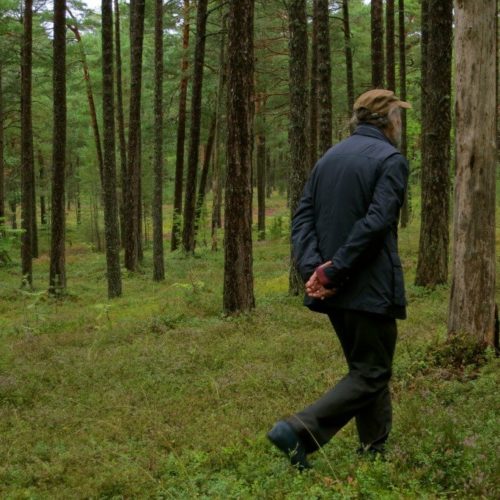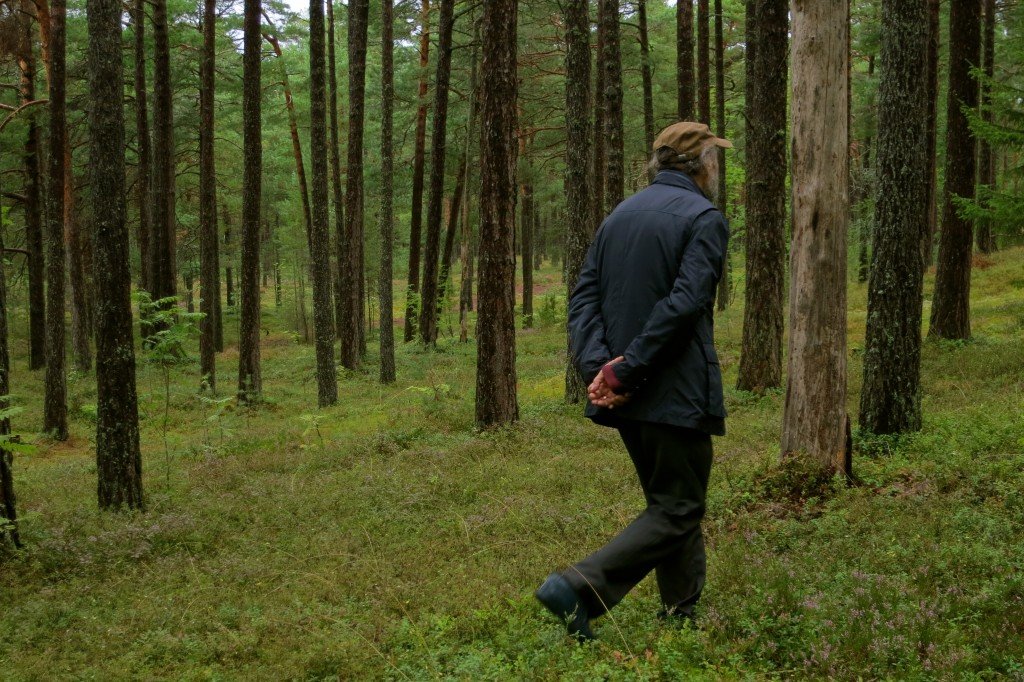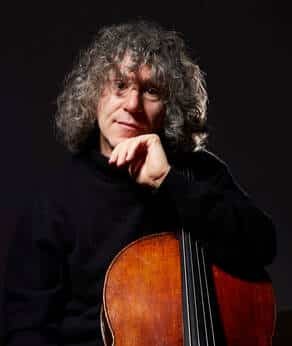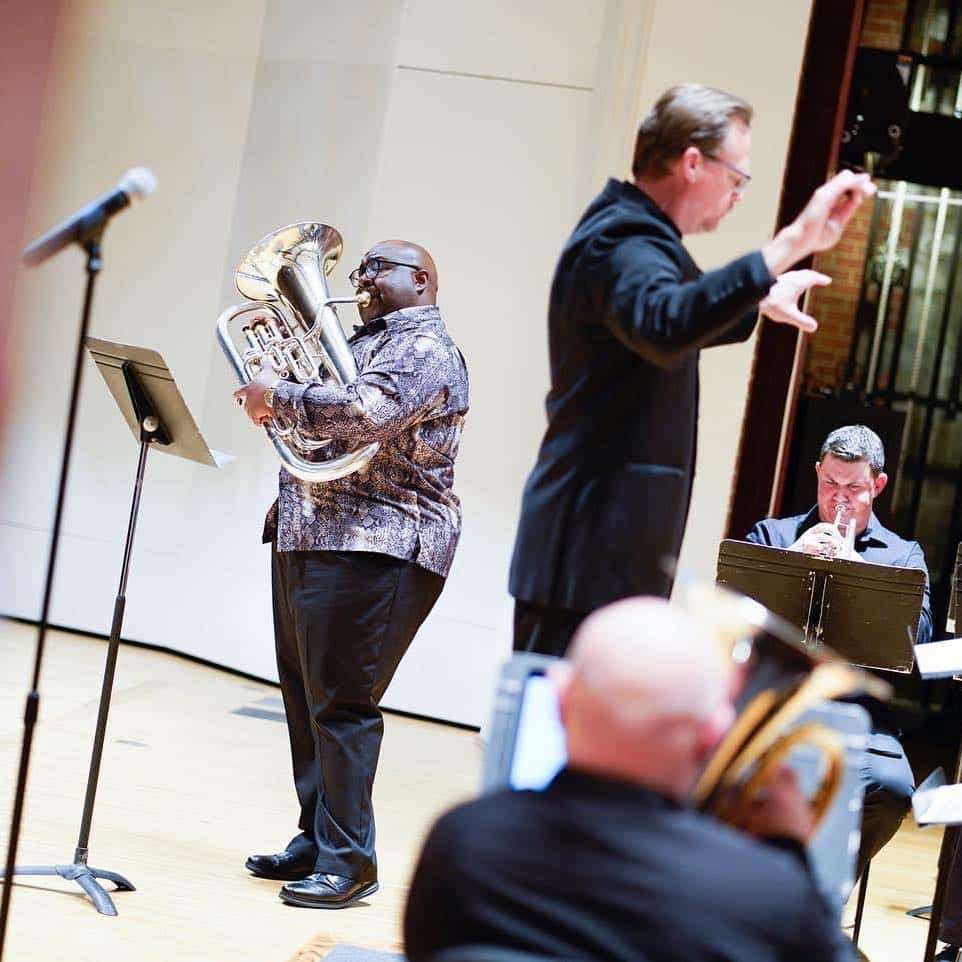Arvo Pärt: Coronavirus has shown us that humanity is a single organism
mainThe Estonion composer has been speaking to a Spanish newspaper:
‘This tiny coronavirus has showed us in a painful way that humanity is a single organism and human existence is possible only in relation to other living beings. The notion of “relationship” should be understood as a maxim, as the ability to love. Although this is truly a high standard, maybe even too high for a human being.
‘Our current situation is paradoxical: on the one hand, it means isolation, on the other, it brings us closer. While isolating ourselves, we should be able to – we are even forced to – appreciate our relationships in a small circle and to tend to them. All of this we have to learn before we expect, or even demand, love and justice from the whole world. In a way, the coronavirus has sent us all back to first grade. Only once we’ve passed this test can we begin to think about the next steps. This is a very long process.’







Understood.
1+1=1
The whole world is going through the same experience more or less. I am not so sure this is bringing people closer together. In wars, natural disasters and other calamities there is a much greater sense of generous support and solidarity between people (as we have witnessed during the recent fires in Australia). I do not see the same during this virus overall. Everyone seems to be self absorbed, little attention paid to anyone outside of the self and the family. How I hate this virus.
The global awareness of the virus seems to be reinforcing the deeply rooted altruistic repertoire of mankind:
“Stay safe” – save your own ass and your “loved ones”!
I agree, there must be more to humanity than this.
How untrue this is. Here is a recent article by historian Rutger Bregman, besteller author of ‘Humankind’:
https://thecorrespondent.com/350/dont-forget-disasters-and-crises-bring-out-the-best-in-people/46307515100-1b82207d
This form of human solidarity is driven by immediate individual or collective suffering within certain cultural units over relatively short time scales.
Why doesn’t the climate or biodiversity crisis elicit solidarity among humankind?
Because the climate crisis is an agenda?
…because the climate crisis is the biggest scam in human history, an entirely imaginary reaction to an imaginary problem,
whereas a virus that kills the aged and the poor puts people in wooden boxes after dying alone.
REALITY
not fantasies about a trace gas that is vital plant food.
Because climate change is more abstract and incremental. We can’t easily see the effect.
Ask farmers and the food industry in a couple of years.
Plants need CO2 and…water.
More words than notes.
The way in which the word ‘we’ is used, implies a collectivity which is not real and which reminds us of the language of heads of state, popes, vicars, etc. It is a collectivist trope going back to Saint Augustine (5th century) who claimed that the trouble ‘we’ experienced was because ‘we’ have been sinning against God.
Perhaps he can utilize the idea of plattitudes as a base for his next opus.
I foresee Symphony No. 5.
https://www.youtube.com/watch?v=QqaQ_Bhgmrc
It’s more original and realistic than the Queen’s speech.
The queen has died already in the seventies and what we see is a beautiful robot designed by the Japanese.
This idea of the “thousand voiced self” is not uncommon:
“A human being is a part of the whole called by us universe, a part limited in time and space. He experiences himself, his thoughts and feeling as something separated from the rest, a kind of optical delusion of his consciousness. This delusion is a kind of prison for us, restricting us to our personal desires and to affection for a few persons nearest to us. Our task must be to free ourselves from this prison by widening our circle of compassion to embrace all living creatures and the whole of nature in its beauty.”
–Albert Einstein
Nobel winner Erwin Schrodinger observed that quantum physics is compatible with the notion of some sort of oneness of the universe. Incomprehensible and yet observable phenomena like quantum teleportation hint that our perceptions and concepts of separation might be limited.
And on a more basic level, Aristotle also seemed to have similar ideas about forms of unity when he spoke of archetypes, the definition of essence and its genera.
Anyway, these ideas are something to contemplate, though its also understandable that some would reject the ideas out of hand.
But these ideas are grounded in a realistic sense. Also CG Jung’s ideas about the collective subconsciousness and synchronicity fall in this pattern, like some basic ideas of Indian and Chinese philosophy. Biologist Rupert Sheldrake’s theory of ‘morphic fields’ say something comparable. All based upon observation and some deep intuitions about reality and the human being’s place within it.
He should stick to composing. That’s his strong point, not biology or philosophy.